In a recent development within the Christian community, Professor Kunle Macaulay, President of the Association of Christian Theologians (ACTS), has publicly expressed his disagreement with Pastor William Kumuyi, the General Superintendent of Deeper Life Bible Church, over the issue of church successorship. The discourse, which has sparked widespread debate, revolves around the method by which church leadership transitions should be handled.
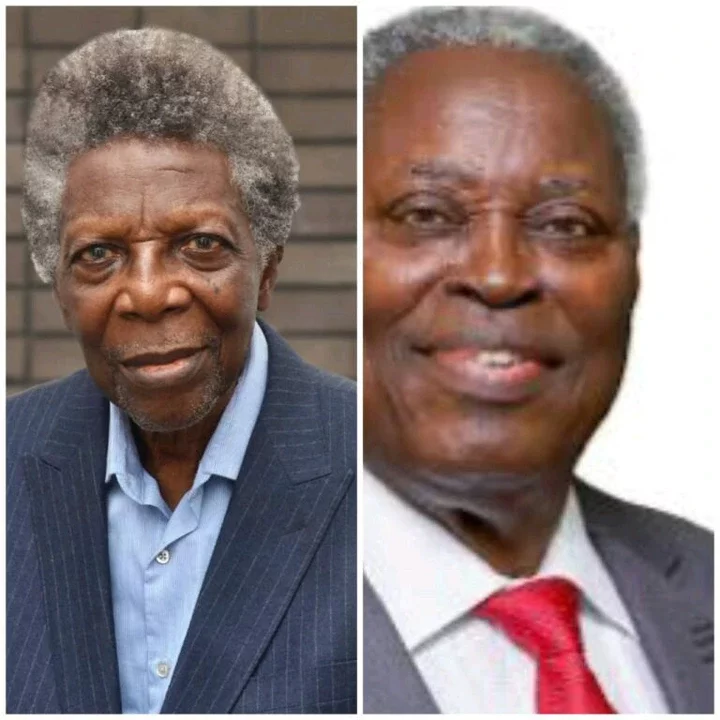
According to a report by PM News, Pastor Kumuyi, in a speech titled "My Successor," emphasized that the process of selecting a church successor should be guided solely by divine intervention rather than human decision-making. He drew a biblical parallel with the succession of Joshua after Moses, arguing that God alone appoints leaders for His work. Kumuyi urged the leadership of Deeper Life Bible Church to rely on God's direction rather than on his personal guidance for choosing his successor.
However, Professor Macaulay countered Kumuyi's stance, asserting that the selection of church successors requires a structured, human-led approach in addition to divine guidance. He highlighted the distinction between leadership transitions in the Old Testament and those in the Christian Church, noting that while divine selection played a role in biblical times, the modern church necessitates intentional mentorship and training of future leaders.
Macaulay stressed that church leadership succession is vital for maintaining continuity and stability within the Christian community. He warned that the absence of a concrete succession plan could lead to leadership crises, mismanagement, and disorganization. He cited historical examples from Nigerian churches to illustrate his point, referencing the Celestial Church of Christ, which faced leadership turmoil following the death of its founder, Rev. Pastor Samuel Bilewu Joseph Oshoffa, in 1985. The lack of a designated successor led to confusion and internal disputes within the church.
Additionally, Macaulay pointed to leadership transitions in other Nigerian churches, such as the Fountain of Life Church, where Pastor Taiwo Odukoya's son assumed leadership, and the Church of God Mission, where Archbishop Benson Idahosa's wife took over leadership despite not being among the trained bishops. These examples, he argued, demonstrate the importance of structured leadership succession planning within churches.
The disagreement between the two respected Christian leaders has ignited a broader conversation about the best approach to church leadership transitions. While Kumuyi maintains that divine selection is paramount, Macaulay insists that churches must also take practical steps to train and mentor potential successors. The debate continues to generate discussions among theologians, church leaders, and Christian faithful, highlighting the complexities involved in church governance and leadership succession.

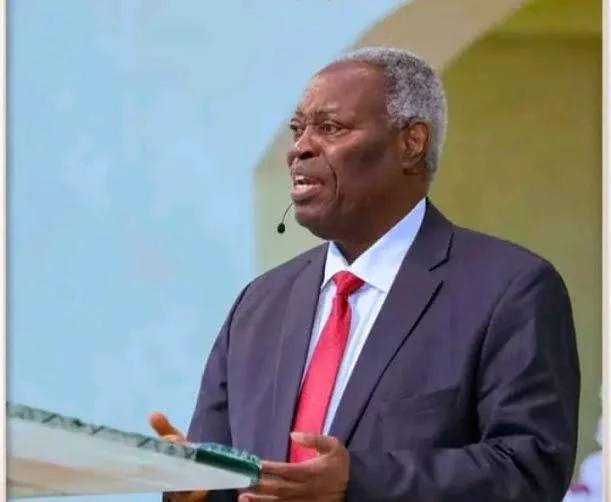
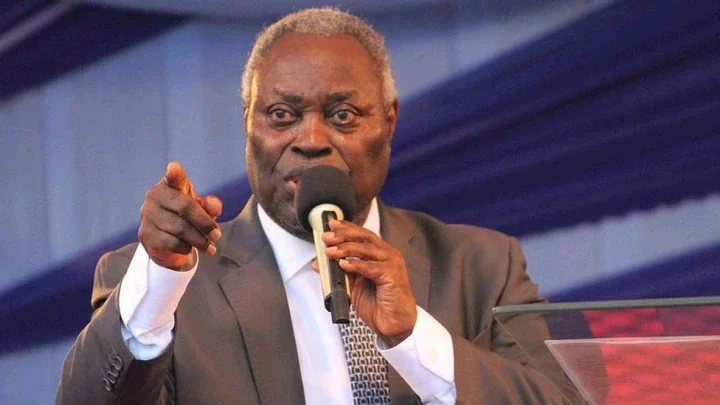
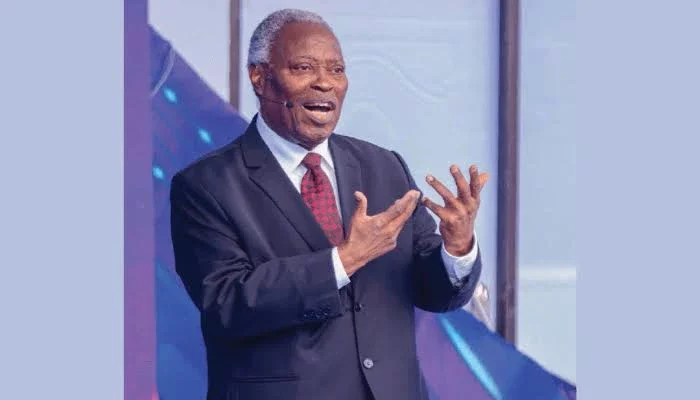
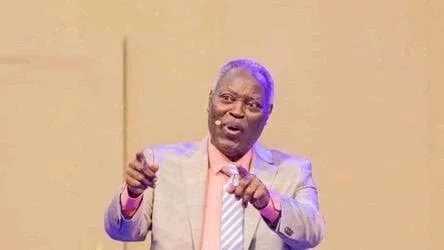
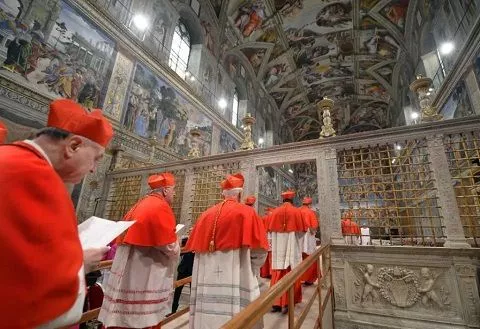
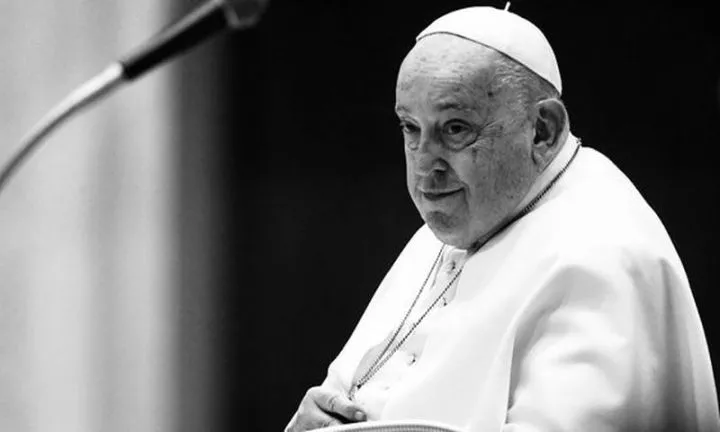
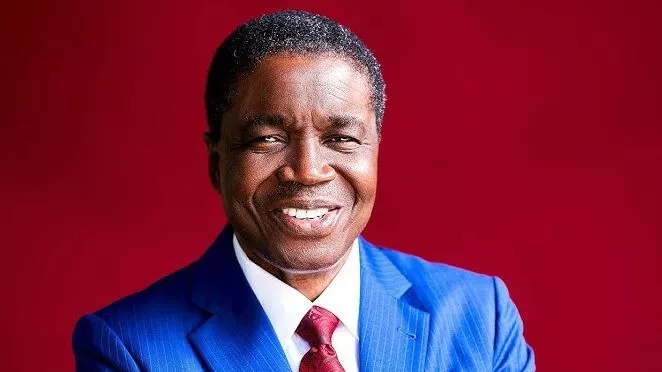





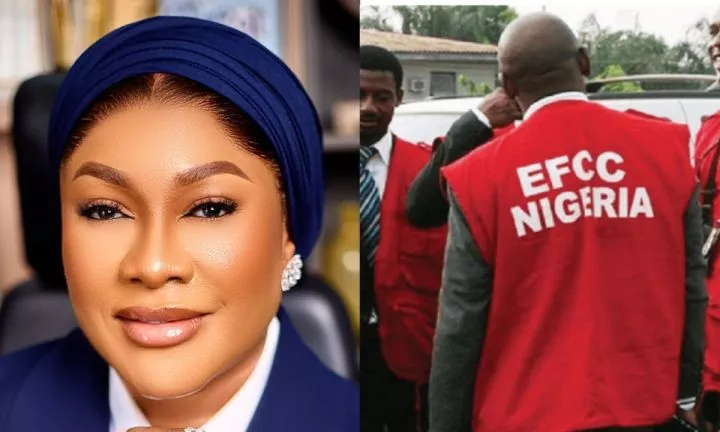


Comments